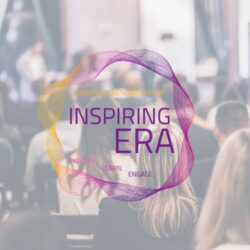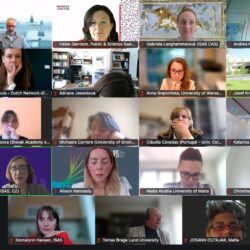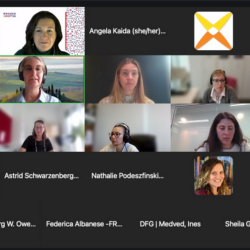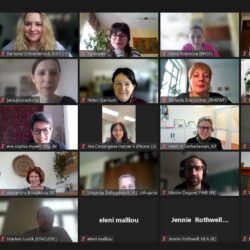Integrating gender and intersectionality in research: from policy to practice
The integration of the gender dimension is increasingly required in research funding and evaluation – yet implementation varies widely. Many researchers and research professionals across Europe face challenges in understanding what it means in practice and how to apply it effectively, particularly from an intersectional perspective. Join us at an online event on Wednesday, 28 May at 14:00 – 16:00 CET to discover new tools, discuss benefits and learn how to integrate the gender dimension and intersectional analysis into research and innovation content – a key objective of the European Research Area (ERA). This event brings together key actors from EU-funded initiatives, including the ERA Forum Sub-group on Inclusive Gender Equality and the Horizon Europe GENDERACTIONplus project, to share new tools, policy frameworks, and real-world examples that support inclusive and impactful research. Whether you’re involved in designing research proposals, evaluating projects, or advising on content, this event offers valuable insights,...










